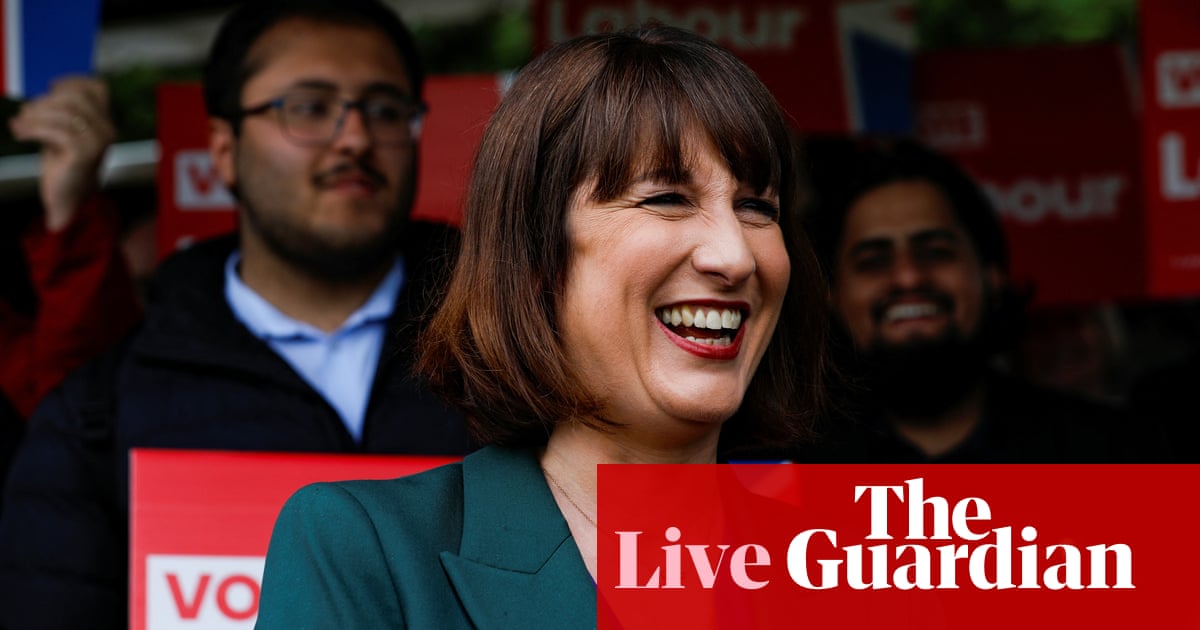
As the Tories flatline, two big questions must prey on Keir Starmer’s mind: can he win, and will a government that he leads really change British society? According to one way of thinking, these are unconnected dilemmas – Labour just needs to get over the line and only then worry about what needs to be done. But means and ends can never be separated.
How Starmer wins will shape how he governs. In our tumultuous times, winning office is necessary but not sufficient; winning the power to act in big ways over a long time is essential. So how can the Labour leader both win and be prepared for what comes next?
Labour’s lead hovers at about 20%. But remember that under our first past the post (FPTP) electoral system, where it’s the spread of support across the country that counts, Labour needs a lead of 12% for any parliamentary majority. Historically, the trend is that governments recover as they get closer to election day.
Regression analysis of previous midterm leads show that a 28% lead tends to result in an eight-point margin of victory on election day. That would put Labour deep in hung-parliamentary territory. The loss of a dozen seats through boundary changes and voter suppression through ballot ID checks combine to make things even harder. And Labour’s lead looks soft.
A recent poll conducted for the Win As One campaign, which I helped to lead, shows that 63% of voters believe Starmer’s current lead is down to negative views of the government, not positive views of Labour. The injustice of the voting system and the way it skews political debate should lead Starmer to see that the answer to winning and governing lies in pluralism, alliances and proportional representation (PR).
FPTP is the toxic glue that holds together a centralised winner-takes-all system, privileging the interests of the already powerful and a few swing voters in a few swing seats, tilting our politics to the right whoever wins. PR would weaken the grip of regressives on our country simply by making every vote count, helping progressives win office and real power.
There was a big progressive majority in 2019, but you wouldn’t think it from the result: 16.2 million people backed progressive parties and only 13.9 million supported the Tory and Brexit parties. But they won an 80-seat majority because they formed a pact and didn’t split their votes.
FPTP isn’t just unfair, it also forces Labour to the right. Take the issue of immigration. The country is evenly split between those who think it’s a good thing and those who don’t. But the positive votes tend to pile up and be wasted in only 25% of seats. So, it’s little surprise that politicians pander their message to the other 75% of seats. It is what leads us to the situation where Nigel Farage is saying he backs Starmer’s stance on immigration. So, we have lost before an election is even called.
The same dynamic is repeated across the policy agenda. People want climate action and social justice, but the political system works against it. In this way, democracy is a first-order issue for Labour. Unless we change the system, we can’t change society. At the launch of the Gordon Brown’s report on the future of UK democracy, Starmer rightly said: “People up and down this country are crying out for a new approach.”
But the report was strangely silent on PR, given the Labour conference had overwhelmingly backed it as a policy just two months before. Labour advocating for it now would encourage mass tactical voting to win and forge an alliance to govern on the big challenges of inequality, climate chaos, housing and social care. Instead, by fighting on the terrain of elites, swing voters and the demands of the rightwing media, any Labour victory is in danger of caging itself in.
Recent polling shows there is both majority support for proportional representation (56%) and remarkable backing for progressive parties to work together in government (78%), with 71% believing candidates should stand aside for each other to win. Just as the right already do.
This is the path to victory and a new society. But the Labour machine still refuses to back PR. At best, this represents an out-of-date technocratic and paternalist culture seeking to do politics to people. At worst, its twisted goal is to retain a monopoly of opposition by stopping other parties and new entrants competing fairly. But guaranteed second place or occasional periods in office on Tory terrain are no longer good enough.
In his campaign to win the Labour leadership, Starmer backed the case for voting reform. Now it seems he needs a nudge. Thus, it ever was. Real power is never given away. It is waged and won by combining morality with force.
We can look for inspiration to the Scottish parliament, only realised through a huge civic campaign. And because we know that in 1997 Labour promised voting reform but refused to deliver on it, the case for change through citizens’ pressure must be maintained whatever the election result.
The polls are likely too close. Starmer, his party and candidates will want as much support as possible. The condition must be their backing for real democratic reform. They can be bent to a better politics. These are not normal times, and politics as normal will not do.
Neal Lawson is director of the cross-party campaign organisation Compass












